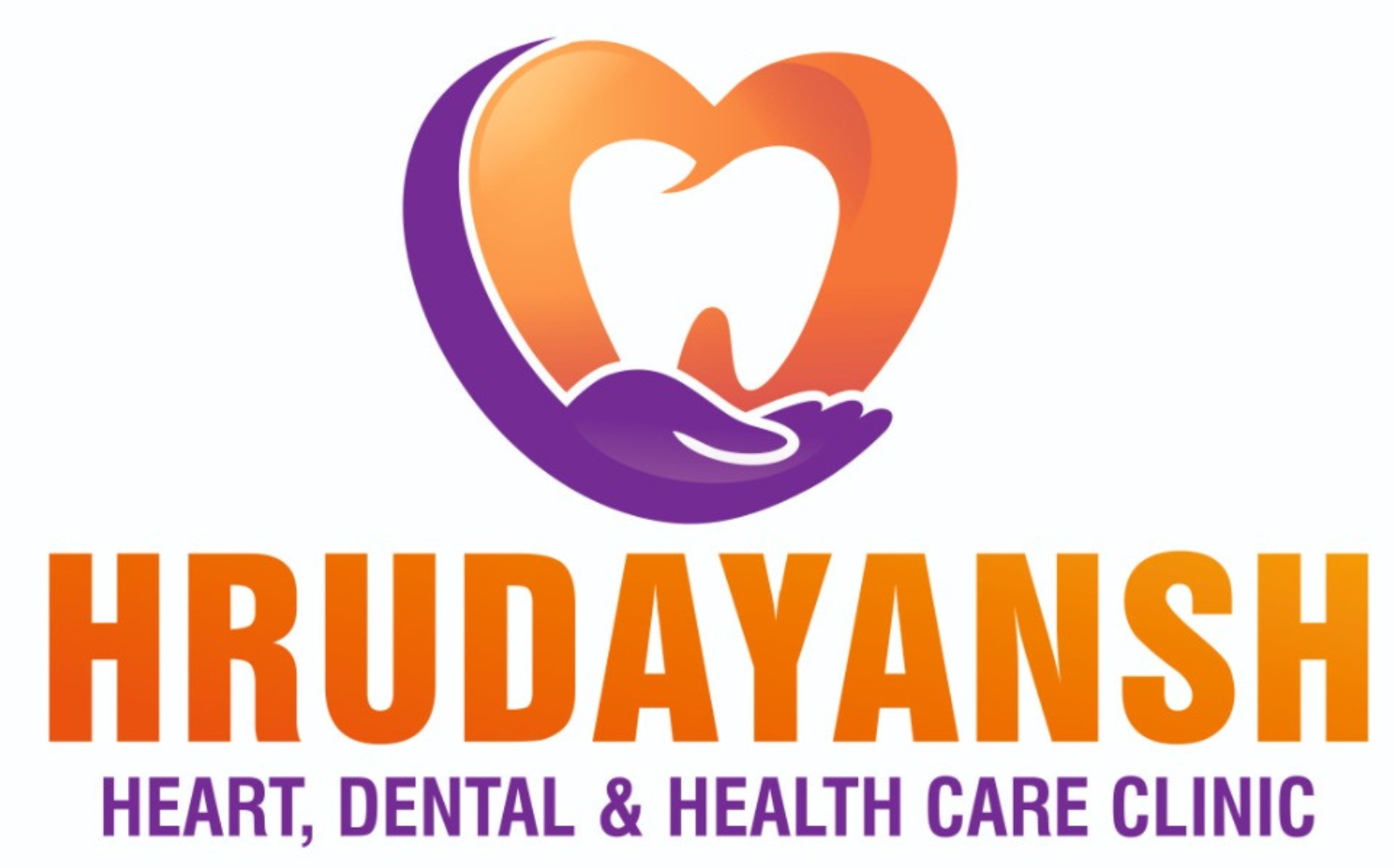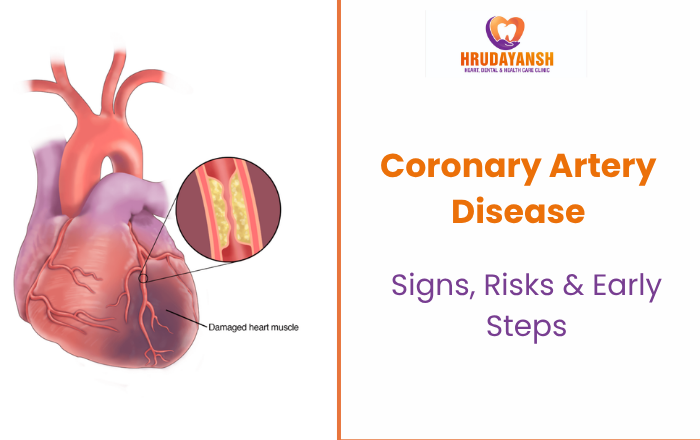Is your heart trying to tell you something? Every day, your heart works tirelessly, beating over 100,000 times to keep you alive. But when the arteries that feed your heart begin to narrow, your body starts sending signals—signals that too many people ignore until it’s too late.
Coronary artery disease affects millions of people worldwide, yet many don’t recognize the warning signs until they face a serious health crisis. The truth is, your heart often whispers before it shouts. That unexplained fatigue, the occasional chest discomfort, or the shortness of breath you’ve been brushing off? These could be early warnings of coronary artery disease.
Understanding the symptoms of coronary artery disease and knowing your risk factors for heart disease can save your life. Let’s explore what you need to know to protect your heart health starting today.
What Is Coronary Artery Disease?
Coronary artery disease (CAD) happens when plaque builds up inside the arteries that supply blood to your heart. This plaque, made of cholesterol, fat, and other substances, gradually narrows these vital pathways. As the arteries narrow, your heart muscle receives less oxygen-rich blood, especially during physical activity or stress.
Think of it like a clogged pipe in your home—the water still flows, but not as freely as it should. Over time, this reduced blood flow can lead to chest pain, shortness of breath, or even a heart attack. CAD is the leading cause of death globally, but the good news is that it’s largely preventable and manageable when caught early.
Warning Signs You Shouldn’t Ignore
▹Common Symptoms
The most recognized symptom of coronary artery disease is chest pain or discomfort, called angina. It often feels like pressure, squeezing, or fullness in the center of your chest. This pain might spread to your shoulders, arms, neck, jaw, or back.
Other early warning signs of coronary artery disease include:
- Shortness of breath during normal activities or rest
- Unusual tiredness that doesn’t improve with sleep
- Nausea or stomach discomfort
- Dizziness or feeling lightheaded
- Heart palpitations or irregular heartbeat
▹Symptoms in Women
Women often experience coronary artery disease symptoms differently than men. Instead of obvious chest pain, women might feel extreme fatigue, sleep problems, or flu-like symptoms. They might describe their chest discomfort as burning or tenderness rather than pressure. This is why women’s heart disease is often diagnosed later—the symptoms don’t match what we typically expect.
▹When to Get Help Immediately
If you experience severe chest pain, pain that spreads to your arm or jaw, cold sweats, or sudden shortness of breath, call emergency services right away. These could signal a heart attack, and every minute matters.
Key Risk Factors for Coronary Artery Disease
Some risk factors for coronary artery disease can’t be changed, like your age, family history, or genetics. Men over 45 and women over 55 face higher risks. If heart disease runs in your family, your chances increase too.
However, many risk factors for heart disease are within your control:
- High blood pressure damages artery walls over time
- High cholesterol contributes directly to plaque buildup
- Diabetes increases your risk significantly
- Smoking damages blood vessels and reduces oxygen
- Obesity, especially belly fat, strains your heart
- Lack of exercise weakens your cardiovascular system
- Chronic stress raises blood pressure and inflammation
- Poor diet high in saturated fats and processed foods
The more risk factors you have, the higher your chances of developing CAD. But here’s the empowering part—you can change most of these starting today.
Early Steps to Prevent Coronary Artery Disease
▹Make Heart-Healthy Food Choices
Preventing coronary artery disease starts with what you eat. Fill your plate with colorful vegetables, fresh fruits, whole grains, and lean proteins like fish and chicken. Include nuts, seeds, and olive oil for healthy fats. Cut back on fried foods, sugary drinks, processed meats, and excess salt.
You don’t need to be perfect—small, consistent changes add up. Swap white bread for whole grain. Choose grilled over fried. Add an extra serving of vegetables to dinner. These simple shifts make a real difference.
▹Get Moving
Your heart is a muscle that needs regular exercise to stay strong. Aim for 150 minutes of moderate activity each week—that’s just 30 minutes, five days a week. Walking, swimming, cycling, or dancing all count. Even breaking it into 10-minute sessions throughout the day works.
If you’re not active now, start small. A 10-minute walk around your neighborhood is better than nothing. Build gradually as you get stronger.
▹Manage Your Stress
Chronic stress takes a toll on your heart. Find healthy ways to unwind—whether that’s meditation, deep breathing, spending time with loved ones, or enjoying hobbies. Get 7-9 hours of sleep each night. Your heart repairs itself while you rest.
▹Quit Smoking
If you smoke, quitting is the single best thing you can do for your heart. Within just 20 minutes of your last cigarette, your heart rate drops. Within weeks, your circulation improves. Ask your doctor about support programs—you don’t have to do it alone.
▹Monitor Your Health Numbers
Know your blood pressure, cholesterol levels, and blood sugar. Get regular checkups, especially if you have risk factors. Your doctor might recommend medications like statins or blood pressure drugs if lifestyle changes alone aren’t enough. These medications work best alongside healthy habits, not instead of them.
Getting the Right Diagnosis
If you’re experiencing symptoms or have multiple risk factors, your doctor might suggest tests to check your heart health. These can include an electrocardiogram (ECG), stress tests, or imaging studies. Early detection means more treatment options and better outcomes.
Living Well With Heart Disease
A coronary artery disease diagnosis isn’t the end—it’s a new beginning. Many people manage their condition successfully with lifestyle changes and medications. Some need procedures like angioplasty or stenting to open blocked arteries. Cardiac rehabilitation programs help you build strength and confidence.
The key is staying consistent with your treatment plan, attending follow-up appointments, and making your health a priority.
When to See a Heart Specialist
- Seek medical advice if you experience:
- Repeated chest pain or tightness
- Shortness of breath during mild activity
- Dizziness or irregular heartbeat
- Pain spreading to your neck, jaw, or arm
A heart specialist can assess your symptoms and guide you with proper tests and treatments to keep your heart healthy.
Meet Dr. Digvijay Nalawade – Heart Specialist in Baner
If you’re in Pune and concerned about your heart health, you can consult Dr. Digvijay Nalawade, a trusted Heart Specialist Doctor in Baner. He practices at Hrudayansh Clinic, where patients receive thorough heart evaluations and guidance for prevention and treatment of conditions like Coronary Artery Disease.
If you have any of the warning signs mentioned above or just want to ensure your heart is in good shape, visit Dr. Digvijay Nalawade at Hrudayansh Clinic, Baner for a check-up. Taking the first step today can protect your heart for years to come.
Remember: Small changes today lead to a healthier tomorrow. Your heart is counting on you.

